Kazakhstan seen as key EU partner amid global uncertainty
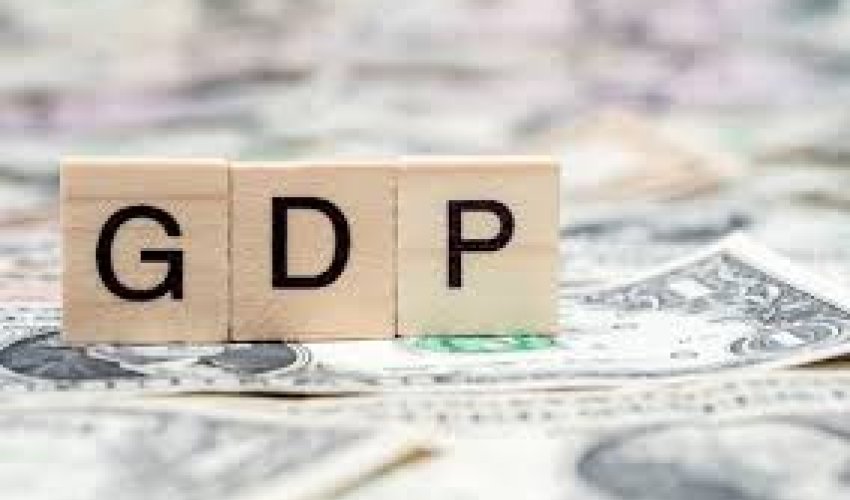
Kazakhstan has emerged as a key strategic partner for the European Union, offering critical energy resources, rare earth minerals, and geopolitical stability in a region bordered by Russia, China, Iran, and Afghanistan.
Following the EU–Central Asia summit, Brussels has deepened ties with Astana, recognizing Kazakhstan’s vast natural wealth, including rare earth reserves and critical minerals. The country also holds major oil, gas, and uranium deposits.
Under President Kassym-Jomart Tokayev, Kazakhstan has advanced political and economic reforms, including a shift to a presidential-parliamentary system and increased public participation through local elections. The country has also reinstated its Constitutional Court and introduced pro-business reforms to support entrepreneurship.
With a multivector foreign policy, Kazakhstan balances relations with global powers, hosting talks on international conflicts, including Syria and Armenia–Azerbaijan peace efforts. It also plays a key role in non-proliferation, having renounced nuclear weapons after independence.
Kazakhstan’s GDP reached $288.1 billion in 2024, with growth projected at 4.6% in 2025. Strategic deals with the EU and U.S. on hydrogen and critical minerals are expected to attract further investment.
The EU views Kazakhstan as a reliable source of energy and raw materials. For Kazakhstan, the EU represents a major market and model of governance, with shared values in democracy and transparency.
Latest news 
More news 
























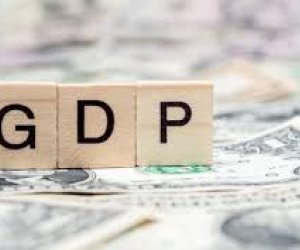
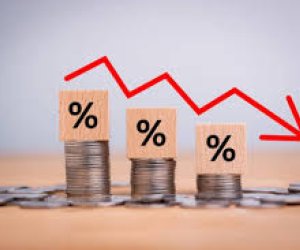
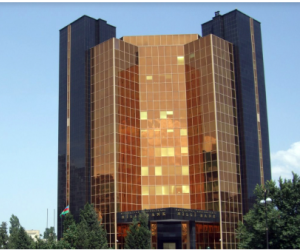
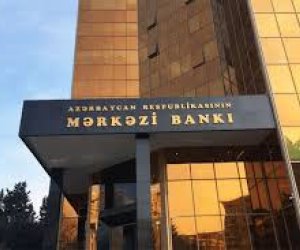
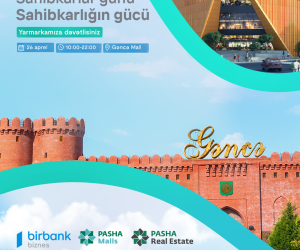


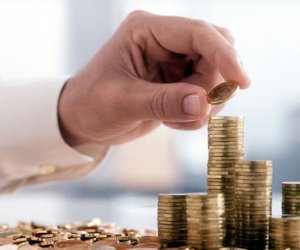
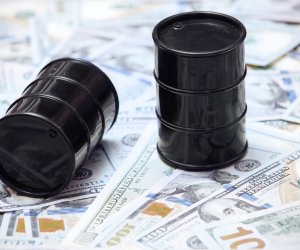


 Photo
Photo 



 Video
Video 

